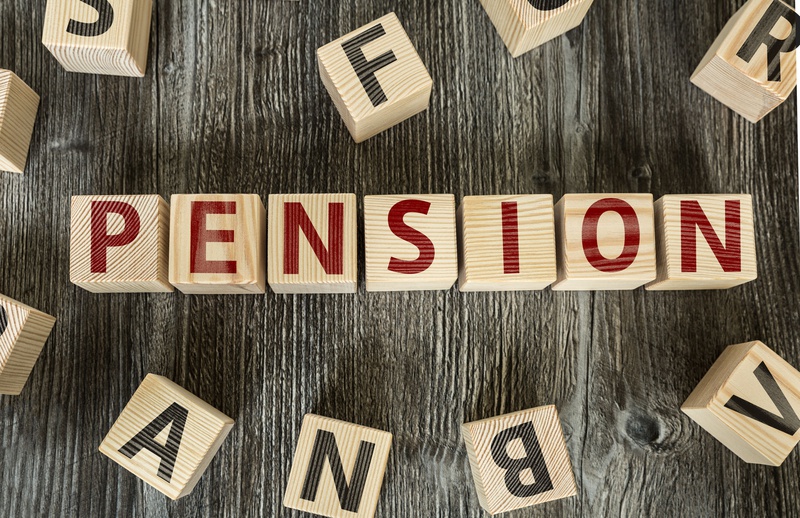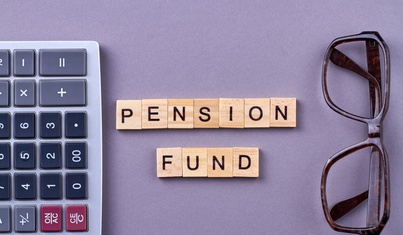Automatic enrolment for workplace pensions has helped many employees make a start on providing for their retirement with the advantage that employers and government are also contributing to their pension pot.
The law states that employers must automatically enrol workers into a workplace pension if they are aged between 22 and State Pension Age and earn more than the minimum earnings threshold. The minimum threshold has remained fixed at £10,000 since 6 April 2014. The employee must also work in the UK and not be a member of an existing, qualifying pension scheme. Employees can opt-out of joining the pension scheme if they wish.
Under the rules, employers are also required to offer their workers access to a workplace pension when a change in their age or earnings makes them eligible. This must be done within 6-weeks of the day they meet the criteria.
Under the automatic enrolment rules the employer and the government also add money into the pension scheme. There are minimum contributions that must be made by employers and employees.
Both the employer and employee need to contribute. There is a minimum employer contribution of 3% and employee contribution of 4%. This means that contributions in total will be a minimum of 8%: 3% from the employer, 4% from the employee and an additional 1% tax relief.
The contributions are based on the qualifying earnings brackets highlighted above; this means that for many employees the 8% contribution rate will not be based on their full salary.



